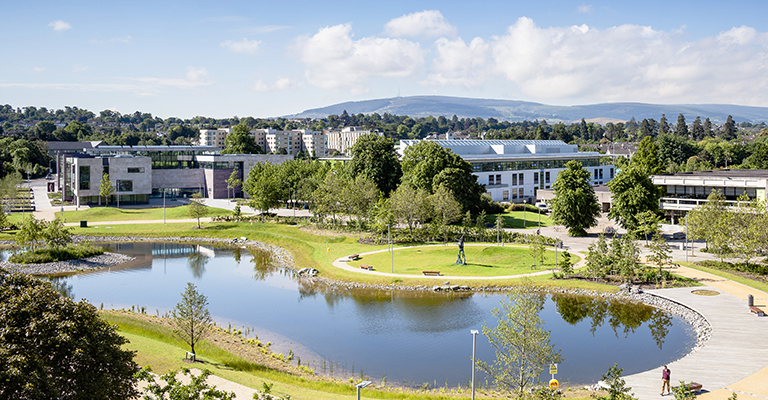- About
- Members
- Join
- Member log in
- Membership Renewal
- Member directory
- Life Members
- ASPS Life Member Professor Graham Farquhar
- ASPS Life Member Associate Professor Hendrik (Hank) Greenway
- ASPS Life Member Dr Marshall (Hal) D Hatch
- ASPS Life Member Dr Paul E Kriedmann
- ASPS Life Member Dr Mervyn Ludlow
- ASPS Life Member Emeritus Professor Rana Munns
- ASPS Life Member Conjoint Professor Christina E Offler
- ASPS Life Member Professor (Charles) Barry Osmond
- ASPS Life Member Emeritus Professor John W Patrick
- ASPS Life Member Dr Joe Wiskich
- Corresponding Members
- Elected Fellows
- Events
- Awards & Funding
- Employment
- Publications
- Research
- Teaching
- Menu
Phytogen February 2019 Plant Nutrition Trust Awards and New Phytologist events
05 February 2019
In the spirit of travel, in this edition applications are invited for the Plant Nutrition Trust awards. You might have enjoyed reading reports from 2018 awardees in the January 2019 Phytogen. Applications are due by Friday 22nd March 2019. Click on the pdf and word links below for details and the application form.
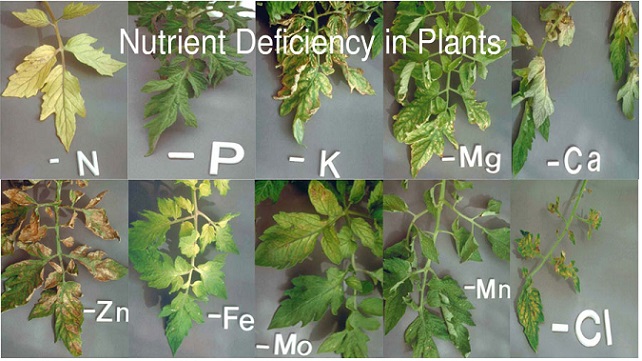 Image from epic gardening
Image from epic gardening
pdf: PlantNutritionTrust_Intro&Appl_2019 word document: PlantNutritionTrust_Intro&Appl_2019
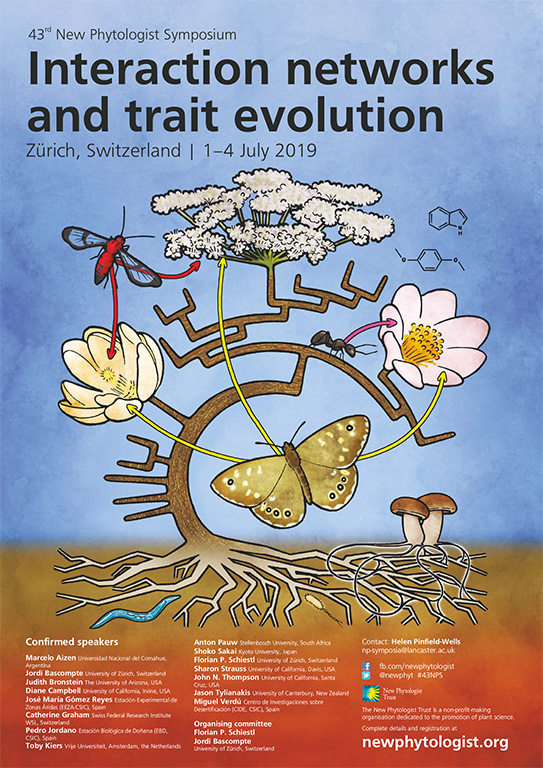 |
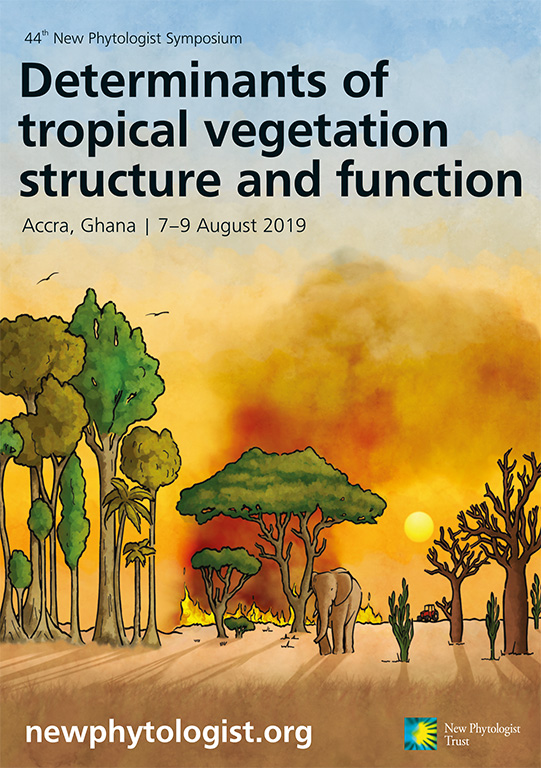 |
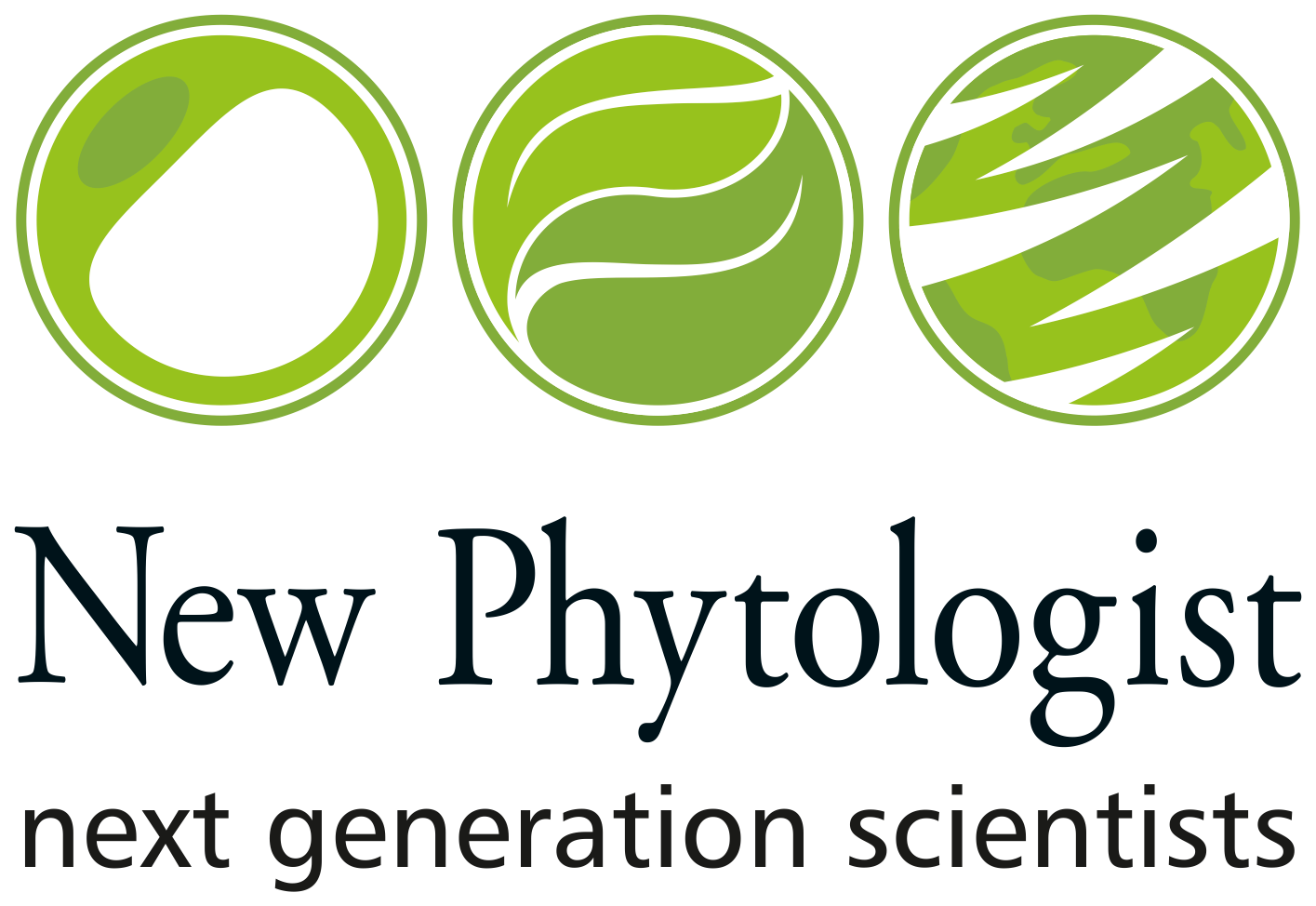 |
Secondly, registration is now open for New Phytologist events. Due dates for symposium travel grants #43 , #44 and the next generation symposia is 28th March 2019 , 25th of April 2019 and 29 April 2019 respectively. Clink on the links above and there is a word document: NP events 2019 web promo and also visit the New Phytologist website for more details as they become available. There will also be social media hashtags for each, #43NPS , #44NPS , and #npnextgen (note only #43 is active at this stage).
January 2019 Phytogen – Plant Nutrition Trust Awardees reports from 2018, IPMB2021 Competition, Cairns, Australia, ComBio2018 photos & Jan Anderson
15 January 2019
Welcome to 2019. In this issue, enjoy reading 2018 travel reports from The Plant Nutrition Trust awardees. We hope you will be inspired to travel in 2019.
ASPS is also promoting an exciting competition, to design 2 logos for IPMB2021, Cairns, Australia. Entries close 11th March 2019, read details below.
Lastly, click the link to see photos from Combio 2018 in Sydney; http://www.combio.org.au/combio2018/ and deadline for the Jan Anderson Award ![]() is 28th February 2019.
is 28th February 2019.
IPMB2021 Competition
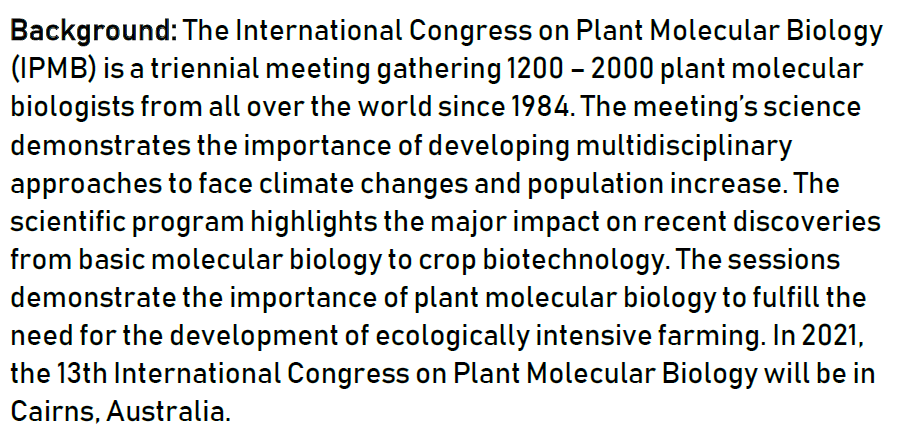
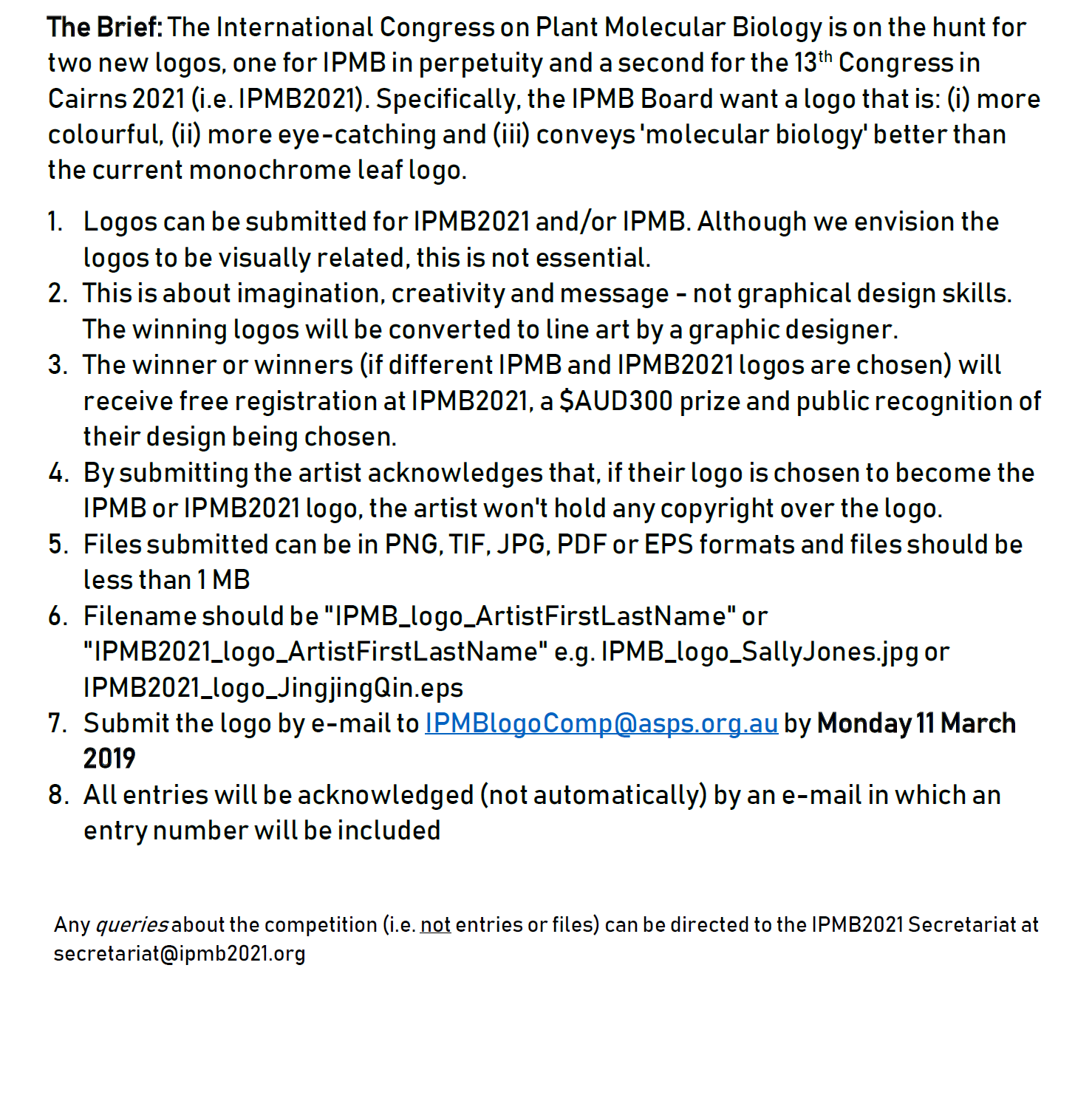
The Plant Nutrition Trust 2018 awardee reports
Daihua Ye, School of Biological Sciences, University of Western Australia.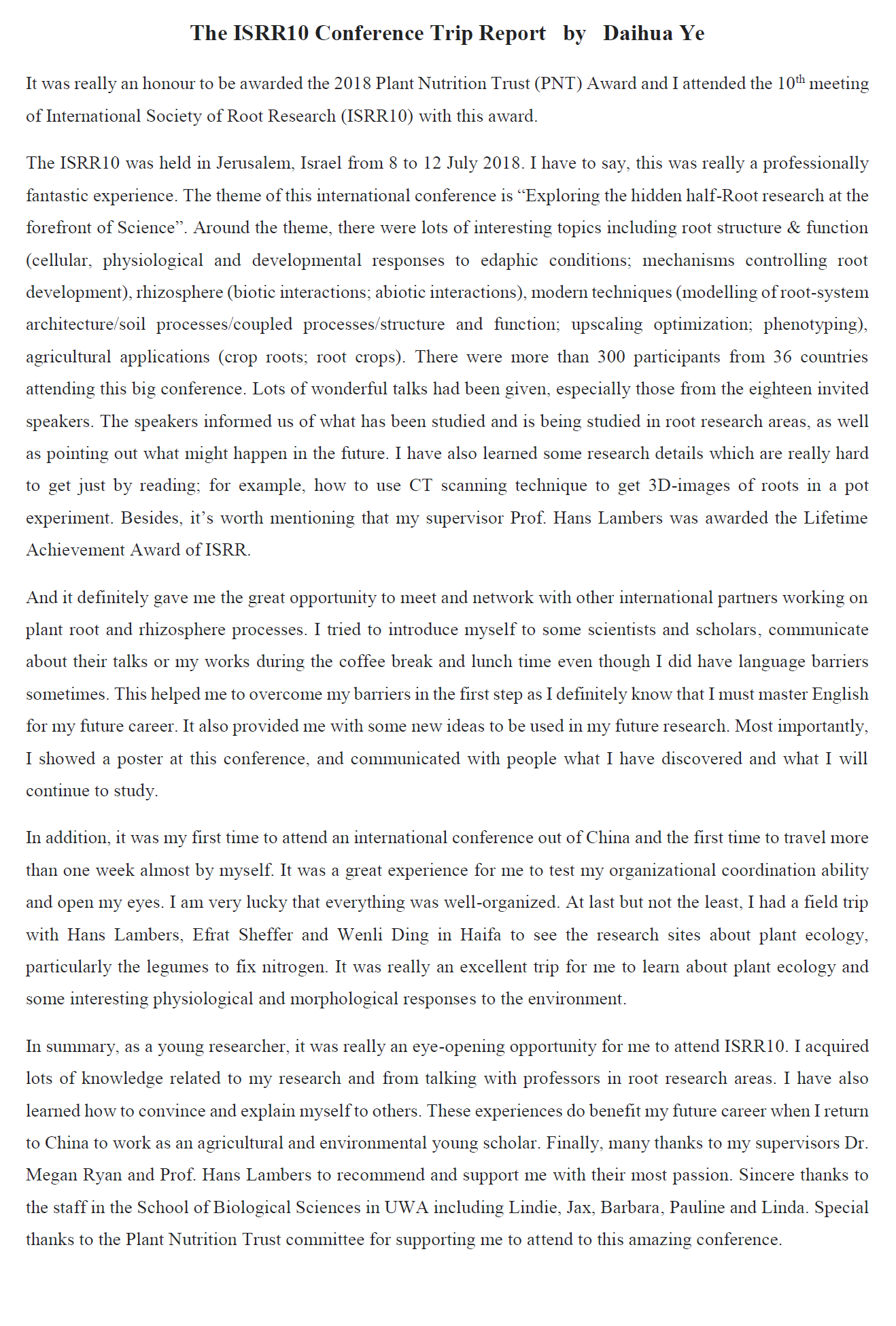
Hoang Han Nugyen, Graham Centre for Agricultural Innovation, Charles Sturt University, New South Wales, Australia.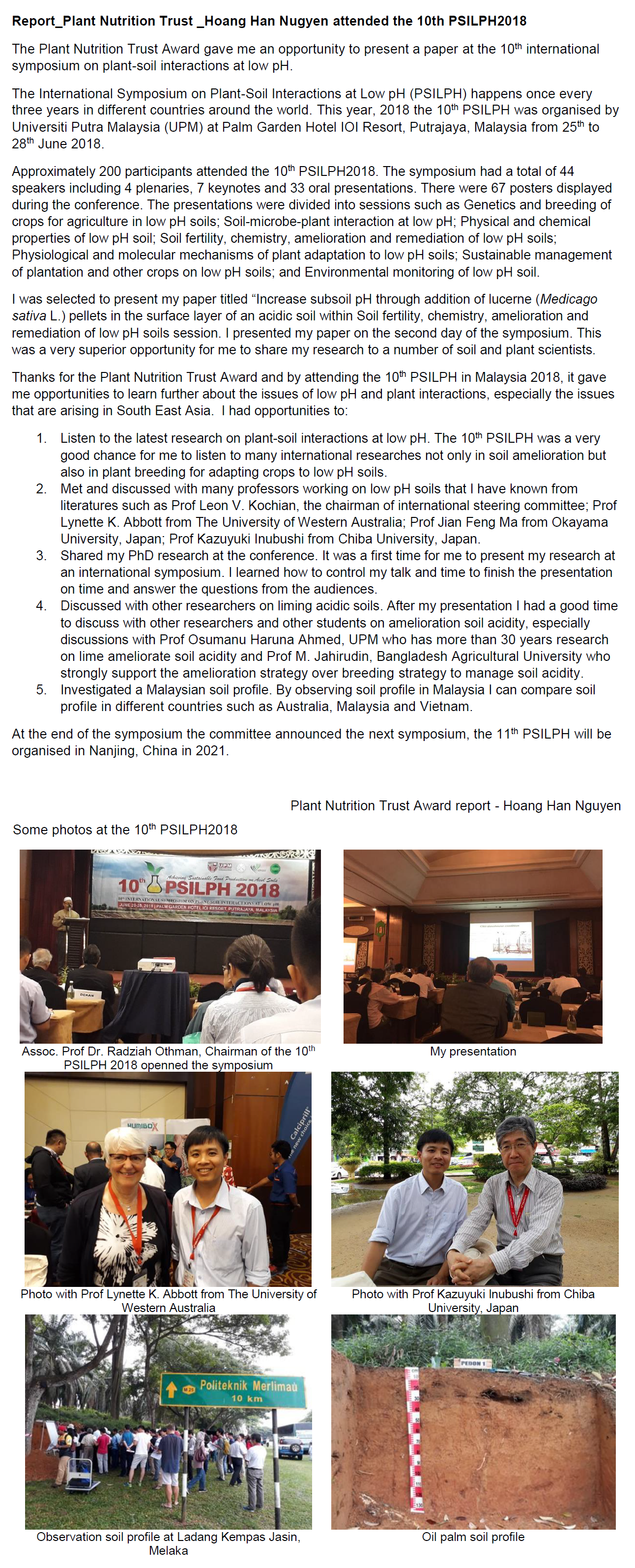
Akitomo Kawasaki, CSIRO Agriculture and Food, Canberra, Australia.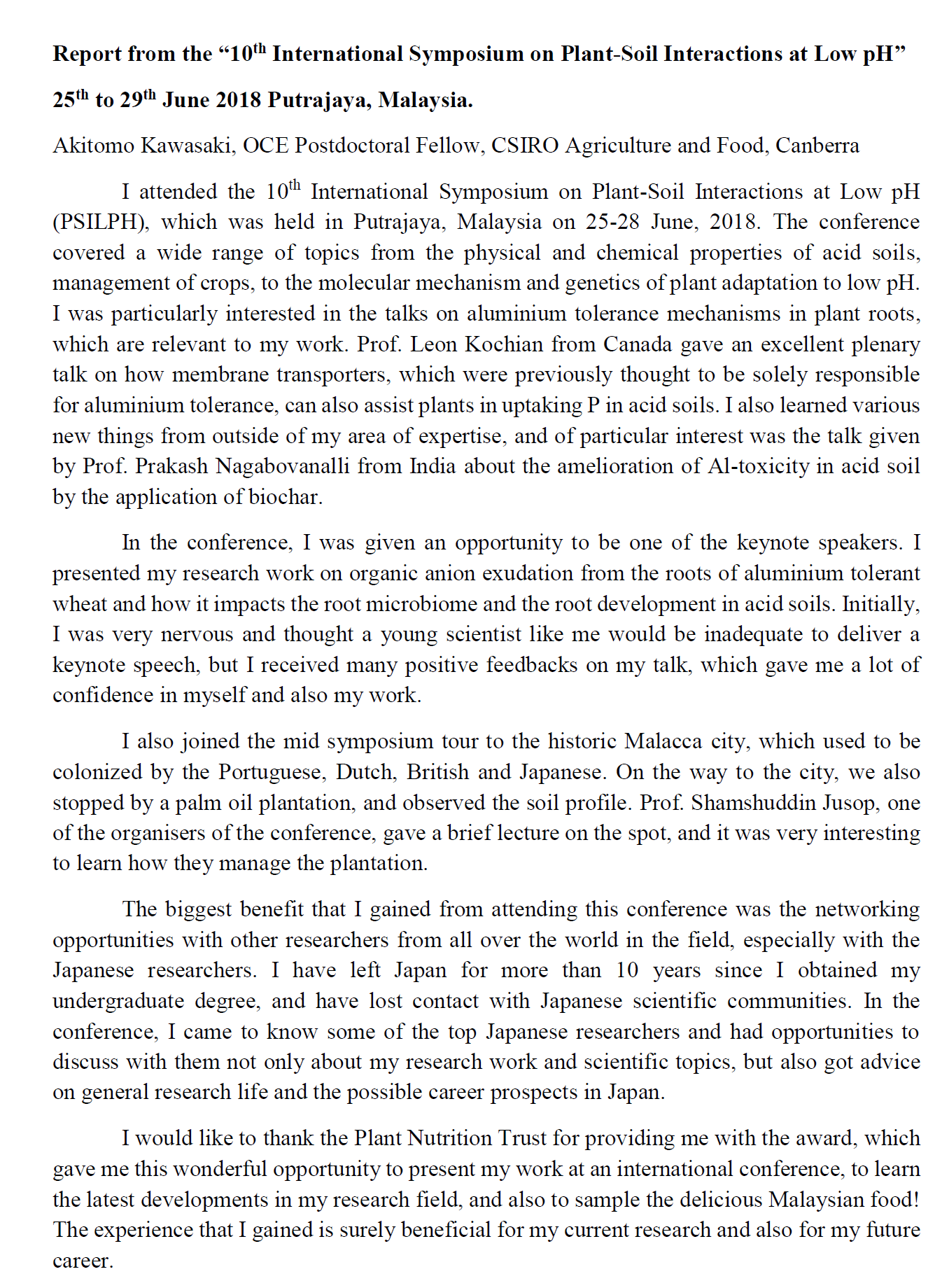
Jing Cui, Research School of Biology, ANU College of Science, Canberra, Australia. 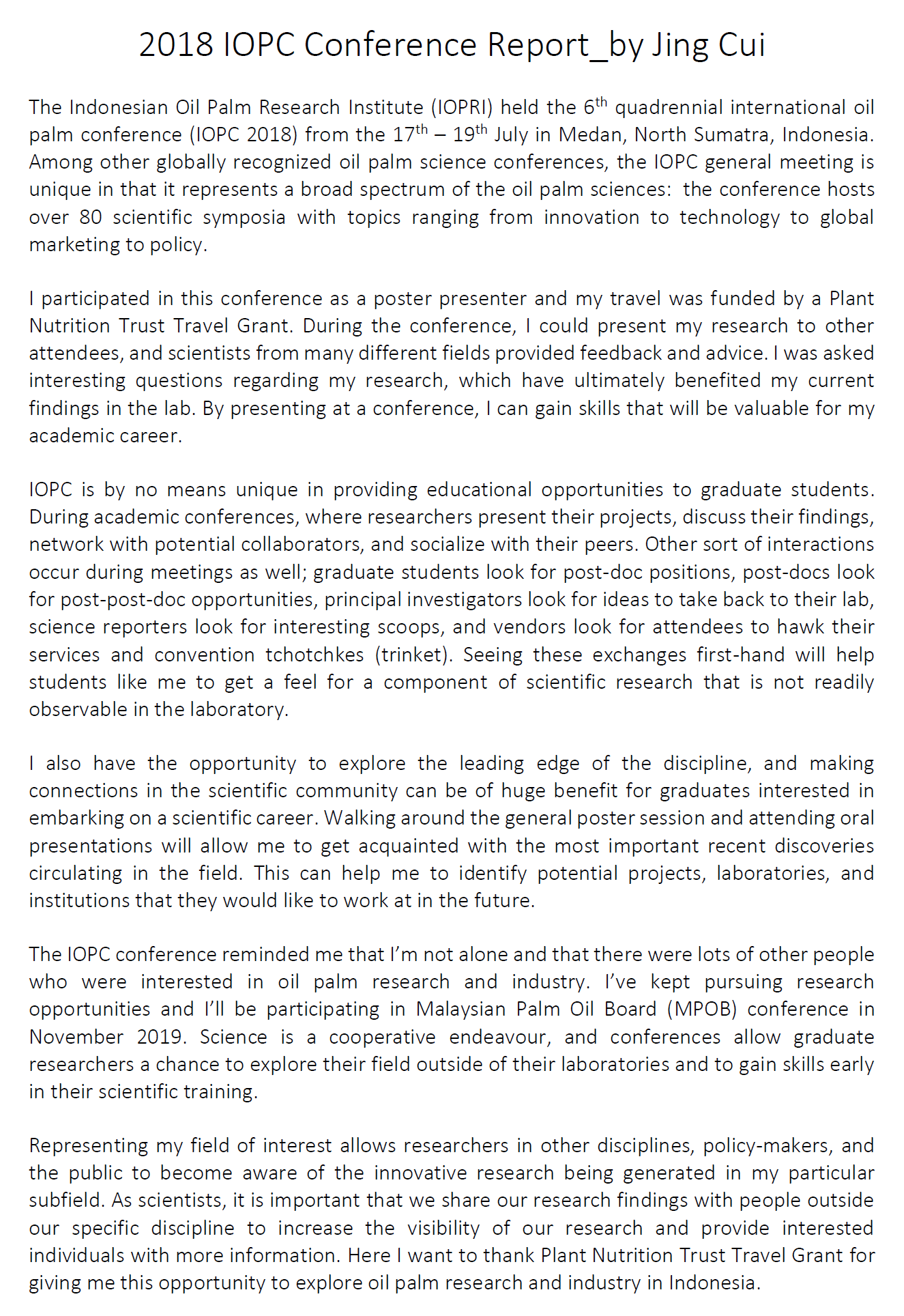
Jinlong Dong, La Trobe University, Melbourne, Australia and Chinese Academy of Sciences, Department of Soil-Plant Nutrition and Fertilizers.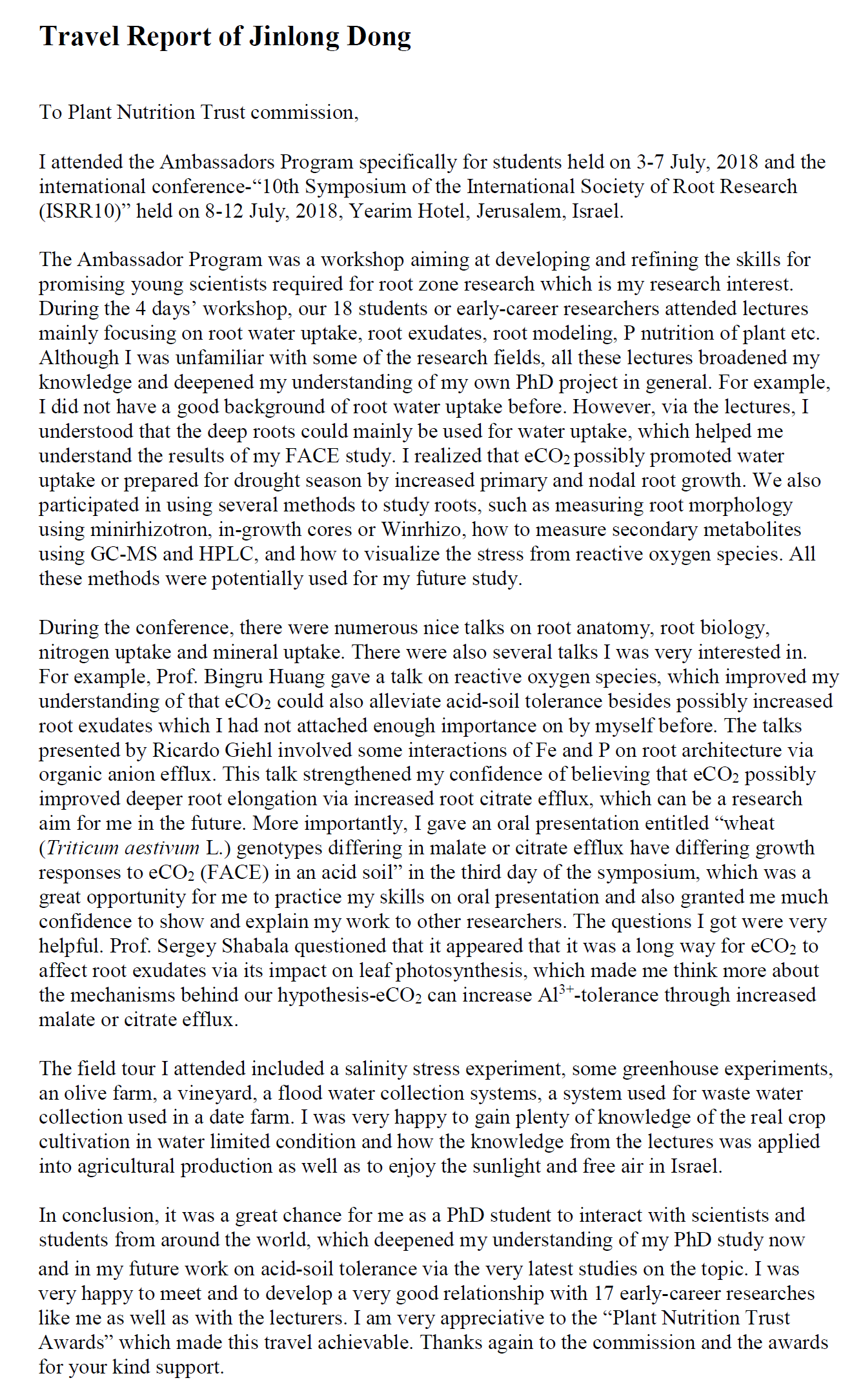
Chana Borjigin, School of Agriculture, Food and Wine, University of Adelaide, Australia.
Sijia Guo, School of Agriculture, Food and Wine, University of Adelaide, Australia.

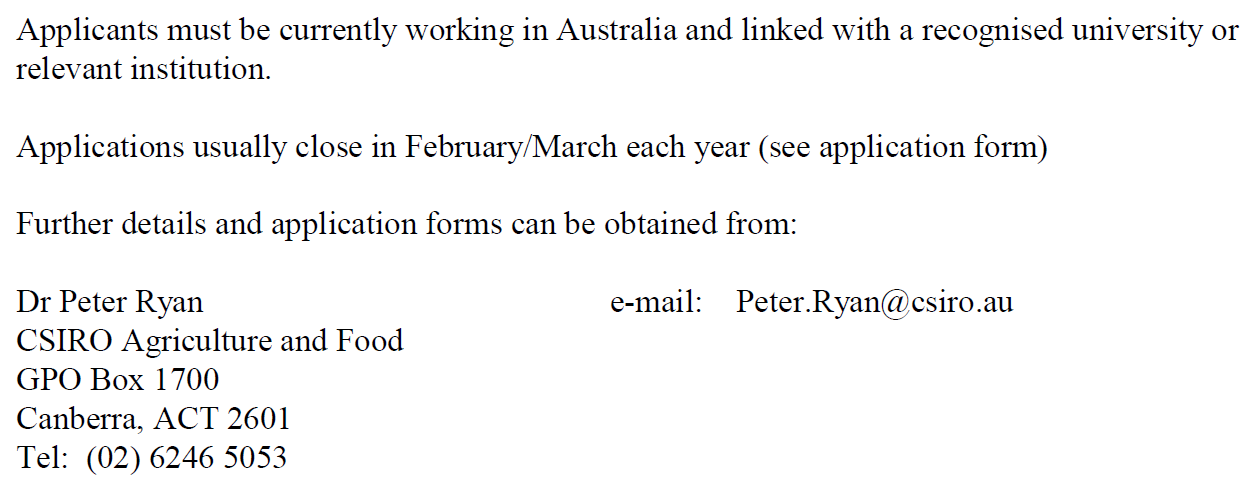
Phytogen – December 2018
16 December 2018
Dear members,
as promised, Beth Loveys has provided an article below on Biochemistry education we hope you will enjoy reading.
ASBMB Education Feature PAGE 20 & 21, AUSTRALIAN BIOCHEMIST VOL 49 NO 3 DECEMBER 2018. Making the Most out of the Precious Face-to-Face in Biochemistry Practicals, Beth Loveys and Chris Ford, School of Agriculture, Food and Wine, University of Adelaide.
We all know that the time we spend face-to-face with students is invaluable for their learning and, as teachers, we are always searching for ways to value-add to face- to-face sessions. One approach that has worked for me in a second year biochemistry course is ‘flipping the laboratory’. Fortunately, this doesn’t mean turning the lab upside down! Instead, I prime the students with relevant information and methods before they come to class so that the in-class time can be used more effectively. Central to flipped classroom pedagogy is the idea that pre-class learning should introduce foundational concepts and focus on the lower ‘remember’ and ‘understand’ levels of Blooms Revised Taxonomy.
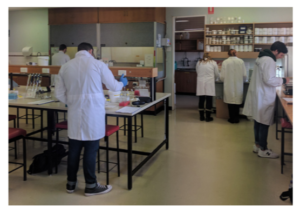 Biochemistry students working in the laboratory.
Biochemistry students working in the laboratory.
Animal and Plant Biochemistry II has a reputation for being content-heavy and difficult for many students. Over the last eight years, my colleague, Associate Professor Chris Ford, and I have initiated many changes to the course aimed at reducing the ‘fear factor’ and making biochemistry more accessible and relevant. One of these changes has been the implementation of online, pre-practical activities. All teachers hope their students will arrive in the laboratory prepared for the class; the reality, of course, is that students are often not prepared and are therefore disengaged and confused. Many students do not read the relevant material in their laboratory manual – this makes it difficult for them to form the link between theory and application. To address this problem, I developed interactive, online pre-class activities, thus ‘flipping the laboratory’ to encourage students to prepare.
Using this approach, I have developed pre-practical online activities for my students on many topics: enzyme kinetics, photosynthetic reactions and carbohydrate metabolism. The pre-practical activities provide students with examples and interactive activities including video demonstrations of relevant lab techniques. Check-point multiple choice questions with unlimited attempts help students gain confidence. Understanding foundational concepts is critical for deeper learning. Once students are engaged in a course, it is easier to maintain their interest in difficult and challenging content. I have found that in class, we now have more time for solidifying the link between theory and practice.
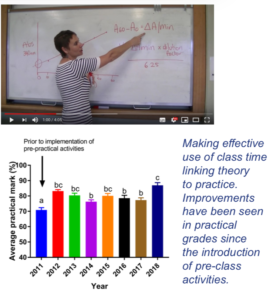 Students have been surveyed each year since these pre-class activities were implemented and feedback is extremely positive: 85% of students felt they were better prepared for practical classes after completing the activities and 90% felt the check-point questions clarified areas of confusion. The average mark for the practical component of the course increased from 70% in 2011 (pre-flip) to over 85% in 2018 (see figure).
Students have been surveyed each year since these pre-class activities were implemented and feedback is extremely positive: 85% of students felt they were better prepared for practical classes after completing the activities and 90% felt the check-point questions clarified areas of confusion. The average mark for the practical component of the course increased from 70% in 2011 (pre-flip) to over 85% in 2018 (see figure).
As teachers, we hope to inspire students to discover knowledge for themselves. Providing an environment where they feel safe to try techniques that help them understand the theory presented in lectures is a great start! We are hopeful that, as a consequence, our students come to see that learning is a process, not simply a means to an end.
 After completing two postdoctoral positions in the UK and ACT, Dr Beth Loveys took up her position as a teaching focused academic in the School of Agriculture, Food and Wine at the University of Adelaide in 2011. Beth teaches across a diverse range of courses including Animal and Plant Biochemistry, Foundations in Plant Science, Viticultural Science, Introductory Wine Making, and Plant Production and Global Climate Change. In 2015, Beth was awarded an OLT citation for Outstanding Contribution to Student Learning, and in 2018, was awarded the Australian Society of Plant Scientists Education Award.
After completing two postdoctoral positions in the UK and ACT, Dr Beth Loveys took up her position as a teaching focused academic in the School of Agriculture, Food and Wine at the University of Adelaide in 2011. Beth teaches across a diverse range of courses including Animal and Plant Biochemistry, Foundations in Plant Science, Viticultural Science, Introductory Wine Making, and Plant Production and Global Climate Change. In 2015, Beth was awarded an OLT citation for Outstanding Contribution to Student Learning, and in 2018, was awarded the Australian Society of Plant Scientists Education Award.
Associate Professor Chris Ford is currently Interim Head of School in the School of Agriculture Food and Wine. Prior to this, Chris was the Head of Learning and Teaching, and also has an active research laboratory examining the biochemistry of flavour compounds in wine.
Ask your colleagues, teachers and students to send articles to the websites and communications team for publishing on Phytogen.
Tweet to @asps_ozplantsand facebook, https://www.facebook.com/ASPSozplants/.
Over the holidays login in to check where your membership is up to and make sure you renew and encourage your students to join.
Phytogen – November 2018
29 November 2018
Awards
It’s not too late, spread the word and tweet. The ASPS Peter Goldacre award and the RN Robertson travelling fellowship applications are due on the 7th Dec 2018. Details about these awards and others can be found here: https://www.asps.org.au/awards
Tweets by asps_ozplants Tweet to @asps_ozplants
Warm congratulations to ComBio 2018 student poster prizes:
1st Dushan Kumarathunge, Western Sydney University. Acclimation and adaptation components of the temperature dependence of plant photosynthesis at the global scale.
2nd Annamaria De Rosa, Australian National University. Characterization of tobacco aquaporins: the search for CO2 pores.
Joint 3rd Pei Qin Ng, University of Adelaide. Connecting the dots of RNA modifications and small RNA profiles in Arabidopsis thaliana & Yagiz Alagoz, Western Sydney University. Shedding light on how photisomerisation of cis-carotenes can rapidly regulate nuclear gene expression in plants.
Calling for content for Phytogen
We would like to encourage our community and especially the discipline representatives to (i) contribute to Phytogen and (ii) contribute to education media and (iii) post/re-post on social media, add @asps_ozplants to your relevant content. Tweet to @asps_ozplantsand facebook, https://www.facebook.com/ASPSozplants/. Ask your colleagues, teachers and students to send articles to the websites and communications team for publishing on Phytogen.
In the December edition of Phytogen, there will be an article by Beth Loveys.
As we are nearing the end of the year, we would like to take time to thank Gonzalo Estavillo and Chris Cazzonelli for their contributions to ASPS website and media communications over the past few years. Both of these researchers have been passionate about communicating plant science to the community and its dissemination to fellow researchers, teachers, students and children.
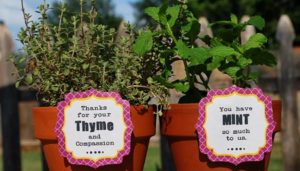
Countdown to 60 years of ASPS – Thoughts from some of our leaders
19 August 2018
Professor Sergey Shabala had his first exposure to the Australian plant science community nearly 23 years ago, while attending Combio in Sydney in 1995. Being raised under strict academic rules in the former USSR, I was probably the only person wearing a suit and a tie at that meeting (except perhaps a conference Chair who has removed it soon after leaving the podium). Equally shocking to me (in a cultural sense) was the first-named basis, and the fact that a PhD student can corner a Nobel Laureate and ask a question related to his work during the tea break. This was simply unthinkable in the system I was raised. Now, looking back at the beginning of my research career in Australia, I believe that this level of “liberalism” has become a catalyst that allowed me to develop my skills as an independent researcher and brought me to my current level. This view has been then reinforced by my own experience as a PhD supervisor and research mentor. Running a large (over 20 people) and truly multinational (11 nationalities) laboratory, I am dealing with various cultural aspects of research management on a daily basis. While the sample size is probably not big enough to draw an explicit conclusion, I have noticed that the sooner my students stop calling me Sir or Doctor and start using the first name, the quicker they integrate in the system, and develop their potential.
Over the same 23 years, I had a privilege to work with many of my colleagues (both in Australia and overseas); some of them became my role models and inspired me to become who I am now. The atmosphere of the friendship and openness and a true collaborative spirit has always been a hallmark of the Australian plant science community, and we need to ensure that these great traditions are maintained and passed to the future generation of Australian research leaders.
Another striking aspect of the Australian system was that our research is driven by curiosity, in a true spirit of the academic freedom. While we take it for granted, this is not true in many other places, especially in a corporate world. Therefore, I hope the spirit of a genuine research and an excitement of the moment discovering something novel, will prevail and overcome a pragmatism of the cost/benefit analysis and the recent corporate trends in academia. As a very least – I will do my best to convince my students and post-docs to share this view. Rephrasing one of my favourite books:
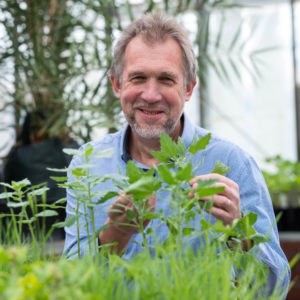 “I might be only a small pebble on a way of this trend but I will do my best to at least slow it down (if not reverse)”. Is there anyone to join me on this quest?
“I might be only a small pebble on a way of this trend but I will do my best to at least slow it down (if not reverse)”. Is there anyone to join me on this quest?
Professor Sergey Shabala, Head, Stress Physiology Laboratory, School of Land and Food, University of Tasmania
President, Australian Society of Plant Scientists
One of the first ComBio meetings Professor Steve Tyerman attended was in Brisbane, late seventies just after completing his Honours research, where he travelled the coast with Richard Storey surfing along the way; a great way to attend a conference. At these ASPS (then ASPP) conferences Steve enjoyed meeting the scientists, putting faces to names, being able to chat, and getting to know the real characters of plant science. He says “It was nice to find out that they had other interests and hobbies like normal people…It is important to make time for other interests, in my case sailing, and my family of course. These conferences also established long term friends and mentors that have stood the test of time.”
The conferences have given him some amazing ideas from other fields, on how to carry out new experiments, help with statistics and even putting ideas together in a new synthesis. Many fruitful collaborations were also established; “I don’t think I ever said no to trying out something new to me with a new collaborator, it’s a weakness of mine”. These collaborations have sometimes developed into career long research hi-lights. The atmosphere has always been open to learning about new ways to tackle problems. One of his best papers came from ASPS and ComBio ideas. He looks back on attending conferences with fond memories, the mentoring, and researchers have always been kind when asking questions.
A mentor moment for Steve was seeing Rana Munns speak for the first time (“too long ago to put on a date”) and then being able to ask her a rather esoteric question about volumetric elastic modulus. “Never be afraid of asking questions!” One funny mistake Steve remembers of himself under the influence of pain killers and the flu, was talking obliviously; twice as long as his allocated time in a 15 min slot. He eventually, probably longer than many, managed to somewhat hone his presentations through experiences gained from ASPS conferences.
Steve believes strongly in the role of ASPS influencing researchers, students, industry and politicians. Students have to be nurtured to counter anti-science which is appearing in the general community and amongst our politicians. It is important to encourage a high level of knowledge and education in our society. An idea is to have primary and secondary teachers attending meetings so they can pass on the excitement of plant science to high school students and that “plants drive our livelihood”. Maybe then we will get more students coming to University who don’t think plants are boring.
A large chunk of Steve’s research is industry focussed, as Chair of Viticulture at the University of Adelaide. Recently his laboratory at the Waite Campus of Adelaide University, reported on how hypoxia develops in wine grape berries and that the berries “breathe” through lenticels on the berry stem, that if blocked can accelerate cell death in the berry. Implications for the Wine industry are to harvest before berry shrivel alleviating a problem where yields drop by 30 percent quickly and the high sugar concentration becomes problematic in the ferments. But now as Emeritus Professor he also looks forward to getting back to his patch-clamp rig and electrophysiology to tie up a few loose ends in basic transport research on his favourite proteins; aquaporin’s.
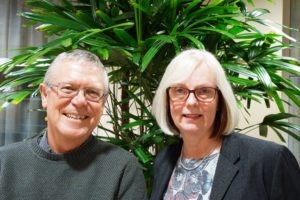
Professor Steve Tyerman, Chair of Viticulture at the University of Adelaide and Kathy Soole, Associate Professor Biochemistry and Biotechnology, College of Science and Engineering, Flinders University
Past President (2003-2007) and President Elect respectively, Australian Society of Plant Scientists
Kathleen (Kathy) Soole has been a member of the Australian Society of Plant Scientists since she was an Honours student and during her PhD studies at the University of Adelaide in the Botany Department, under the supervision of Prof. Joe Wiskich. Joe was a very active member of the Society during his career and encouraged his students to participate as well. He has been a major influence for Kathy throughout her career in science and through Joe and ASPS she had the honour to meet Bob Robertson, an eminent scientist and member of the Society as well as many other high profile plant scientists. It was very awe inspiring as a young student. When Joe was president, Kathy was Honorary Treasurer, a role she continued to hold for quite a few years (1998-2004). Impressively her postdoctoral research at the University of Newcastle –upon-Tyne and to this day as an Associate Professor at Flinders University, encompasses both plant and animal biochemistry. I catch her in between students for lunch in the newly refurbished Flinders University Café. This semester she is teaching Agricultural Biotechnology and she enjoys teaching as her students seem inspired.
Kathy feels very passionately about the society remaining a community where students and scientists are encouraged to take up and maintain their membership. She is proud of how the society actively fosters support for students and scientists. The society is the very basis of networking and is where we can look forward to seeing each other every year and she says “great friends have been made”.
When ComBio becomes biennial, having biennial Australian Society of Plant scientist conferences will further improve interactions between scientists and students. She envisions regional centres with lots of scientific energy will be ideal hosts. The society will also facilitate an international or national prominent scientist to talk at several meetings throughout Australia. This will provide great momentum for elevating plant science higher on national and global decision making agendas.
As a community of plant scientists we have to:
- Communicate to the wider community to realise the looming food crisis.
- Alleviate this crisis by delivering more efficient food.
- Strike a balance between ecology, biodiversity and food production. There needs to be a good balance between ecological biodiversity and food production through better communication between these areas of plant biology; Kathy recently attended a presentation at Flinders earlier this year by Prof. Andrew Balmford, a renowned ecologist from the UK was speaking about the balance between ecology and agriculture and moving ahead together for the benefit of the world.
- Educate the wider community about the benefit of plants to society, for example, try to give a balanced view about the use of genetically modified plants.
- Be at the forefront of coping and adapting to climate change.
- Up the numbers of members in the society.
- Promote science as a career among young people, especially young women and show them that it is possible to have life balance and a family life.
At Flinders, Kathy has a laboratory full of students researching the role of respiration and oxidative stress in the growth of arable crops, moving beyond Arabidopsis. Recently, she has joined labs with other long-term ASPS members; Prof. David Day and Assoc. Prof. Colin Jenkins, and it has proved to be a positive experience. It has enabled an expansion of recent activities into carbohydrate metabolism and legume research.
Our President Elect is exemplified by her important, current and fascinating research. She looks forward to the up-coming meeting and speaking to students and scientists at the poster sessions in Sydney, see you soon.
More inspirational ComBio 2017 students
24 July 2018
ComBio 2017 was the first conference I attended during my PhD studies and it was so unforgettable, as I saw the outline of the future of agriculture in this conference. I presented my poster about QTL identified on controlling photosynthetic traits in Barley, talked about the genetic research done on physiological traits. I was so happy and grateful for the valuable chance of attending Combio2017, because I learned so much there and other great scholars work has inspired me so much for my own research.
ComBio2017 was held at the new and state of the art Adelaide Convention Centre located in the heart of the city on the Torrens River, we could see the magnificent Adelaide Oval Precinct. There were eight themes including Plant Biology, Biotechnology and Sustainable Futures, Developmental, Stem Cell and Regenerative Biology, Proteins and Proteomics, Genomes, Epigenetics and Bioinformatics, Cell Biology, Cell Signalling and Metabolism and Education and Career Development. Every theme presented great talks.
Professor Jian-Kang Zhu’s talk on “Decoding the epigenetic language of life” has changed my understanding on drought, cold and heat, and salt stress signalling pathways and resistance mechanism. Now I understood epigenetic mechanisms of gene regulation and their roles in abiotic stress resistance. Another talk was given by Professor Tim Colmer on Photosynthesis and internal aeration of submerged rice.
Thanks to ASPS funding for ComBio2017. The opportunity to attend ComBio2017 is so precious. By 2050 we are expected to have 9 billion people to inhabit the planet, consuming 70–100% more food than is currently available. Such enormous challenge is possible to concur with the collaboration of all agricultural scientists.
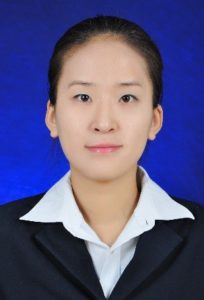
Si Li, PhD Student, The University of Sydney, Sydney Institute of Agriculture | School of Life and Environmental Sciences.
I am Muhammad Kamran, a PhD candidate with Professor Stephen Tyerman’s Group at the University of Adelaide, South Australia. Recently, I submitted my thesis for examination. My PhD project has focused on understanding the tolerance of wheat to high pH stress, a condition that affects about a third of Australia’s and the world’s agricultural soils. I had the opportunity to present some of my PhD work at COMBIO 2017 Adelaide. My research was recognised with an Australian Society of Plant Scientists (ASPS) student poster award. Being an ECR, I was very delighted with my research recognition through this award as it provided me with a significant boost and encouragement to continue my career as a plant scientist.
COMBIO 2017 provided me with a great opportunity to present and receive quality feedback on my work. I displayed my poster for three days which provided great exposure of my work. I also benefited from face to face interactions with other fellow researchers which resulted in establishing networks, finding future directions and subsequent collaborations. Plenary lectures were really awesome and informative. It’s very important to get up to date in my research area. Attending COMBIO 2017 provided the opportunity to be updated, get wide research exposure, exchange of ideas and learn about new things.
Being an elected student representative of ASPS, I helped to organise the formal society dinner. It was an awesome experience which helped me to build new contacts. I am incredibly grateful to the ASPS for awarding me the ASPS student poster prize and feel privileged to be an ASPS member.
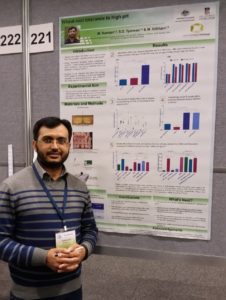
Muhammad Kamran, PhD candidate at University of Adelaide, Australia.
Combio-2017, the best conference so far I have attended in my academic career. I attended the combio-2017 just two and half months after starting my PhD. I presented a poster highlighting initial findings in my first experiment on developmental expression profiling of ammonium transporters in soybean nodules. I was very excited with my work and to be honest a bit worried as well about my poster with a feeling that I may get tough questions from top academics. However it was unbelievably encouraging when a field related renowned academic like Prof. Steve Tyerman came to see my poster and said “probably this is the gene we have been looking for a long time.” I just couldn’t believe that, wow!
Combio-2017 was a massive conference with eight themes and incorporated three society’s annual meetings. It’s really great to see scientists and academics from different backgrounds under one roof. There was coherence within the themes and I realised we really need scientists from different backgrounds at the same time to step forward in science. I was very lucky to get a travel grant by ASPS without which I couldn’t make it. There were too many sessions I wanted to join and unfortunately not all were possible. Some worth mentioning were calcium transporter by Wang, Aquaporin gene expression by Scharwies, sugar transporter by Rautangarten, Arabidopsis ion transporter CCC by Wege. Lectures related to my PhD research plan like fluorescent microscopy by Gormal, nutrient exchange in mycorrhizal symbioses by Plett, and grain nitrogen filling by Julie were impressive.
ASPS goldacre award lecture by Asso. Prof. Plett headlining “Tuning into rhizosphere radio” and plenary lecture by gene editing genius Prof. Zhu were just mind blowing. I was interested in gene editing and gained a lot of information from the lectures by Zhu, CRISPR-Cas delivery by Rouet, gene editing in cereals by Luo, and genome editing in nicotiana by Naim. There was a lot of information presented in poster sessions while poster teasers were marvellous.
To me, Combio-2017 was not just a conference, its way more than that. I met many scientific companies whose chemicals I use often. I was very fortunate to see people with whom I had several email conversations. I met employers who were interested in my work, cost free generous offer for plasmid sequencing from a sequencing company was more than my imagination.
Combio-2017 was a big scientific community gathering for the students of plant science. No doubt, as a community it’s having a big impact in spreading our innovation and creating opportunities for future scientists. I am really looking forward to attending Combio-2018 with more results and meet all those people whose work I am continuously following. I am really grateful to ASPS for awarding me the travel grant. Thank you very much.

Muhammad Kamal Uddin, PhD Candidate, Faculty of Science I School of Life and Environmental Science, THE UNIVERSITY OF SYDNEY, Centre for Carbon Water and Food (CCWF)
Read about talented students from ComBio2017
29 June 2018
Biotechnology has always fascinated me for being able to modify the crops for a sustainable agricultural production using foreign genes. After finishing my major in Molecular Biology and Biotechnology (2013) from University of Peradeniya, Sri Lanka, I started applying for PhD positions in Australia to follow my dream to pursue higher studies in plant science. I was privileged to start my PhD in 2015 in the faculty of Veterinary and Agricultural sciences, The University of Melbourne under the guidance of Professor Dr. Paul Taylor and Associate Professor Dr. Derek Russell on canola biotechnology.
Canola, being the second most important oilseed crop in the world and Australia being an important producer, my study focusses on the use of new genes to alleviate abiotic and biotic stresses in canola. I started developing and optimising the tissue culture based gene transformation of canola using rapid-cycling Brassica napus as the model system and used the developed techniques to introduce traits of interests for farmers such as tolerance to frost and diseases.
In 2017, I joined the Australian society for plant scientists (ASPS), a useful society in Australia which helps young scientists to connect, publish and choose career pathways. I was fortunate to win a travel award from ASPS to attend ComBio 2017 held in the convention centre, Adelaide to present some of my research findings. It was a good opportunity to hear from other researchers around the world and to get to know researchers with similar research interests.
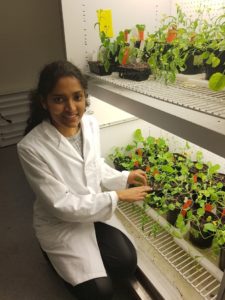
Aruni Alahakoon, Faculty of Veterinary and Agricultural Sciences, University of Melbourne
All plants are subject to diseases caused by different pathogens which can affect food security. Among all these plant pathogens, rust fungi are specialized to different economically important crops such as wheat and barley and can cause substantial crop failure. Due to the increase in human population and emergence of new virulent races of rust pathogen, the identification of new durable sources of resistance is crucial for future crop protection and food security. Therefore, my PhD project involves determination of the genetic and molecular basis of resistance in barley in response to cereal rust pathogens (Puccinia rust pathogens). My work includes resistance gene identification in response to diverse rust pathogens in selected mapping barley populations, subsequent fine mapping analysis with an ultimate aim to discover novel resistance sources in barley that are effective to rust pathogens and can be transferred into other crops.
The ASPS travel grant fund enabled me to attend the COMBIO conference 2017 in Adelaide which was a critical juncture for my professional development. This conference was a great opportunity to present my research to a wide range of experts and research groups in plant science. I had the opportunity to present a major component of my PhD project, which enabled me to improve my oral presentation skills, receive feedback and develop network with scholars within the Australian plant scientific community. The improved results based on the presented work has been published in Phytopathology Journal in May 2018.
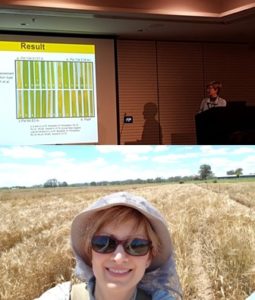
Rouja Haghdoust, PhD student, Plant Breeding Institute, The University of Sydney
My name is Yoav Yichie and I’m a PhD candidate from The University of Sydney. I am in the third year of my candidature, and I’m focusing on the vast genetic diversity of endemic Australian rice species, particularly O. australiensis and O. meridionalis. In my research I deal with one of the most critical issues related to climate change and land management: soil salinity. Salinity affects a significant proportion of arable land globally, and is particularly detrimental for irrigated agriculture, which provides approximately one-third of the world’s food supply. Millions of hectares are technically suited for rice production but are left uncultivated, or give very low yields, because of soil salinity.
There is now a burgeoning interest in native rice species as a source of abiotic stress tolerance genes; however, to date, no work has been published on their salt tolerance.
In my research I use the genetic pool stored in wild relatives of crop species to enrich the genetic diversity and provide improved traits to commercial rice varieties.
Last year I presented some of my research findings at COMBIO 2017, Adelaide. I had the opportunity to discuss my research with some of the most well-known researchers in this field. I met many colleagues and expanded my scientific network. I am grateful to have had the opportunity to share my knowledge and obtain feedback and insights from other researchers from around the globe. I was awarded for the Best Phenotyping Poster by the APPF Plant Phenomics. I wish to gratefully acknowledge the APPF committee who awarded me the poster prize.
I was granted financial assistance to attend and present this poster at ComBio 2017. In this poster, I highlighted the main results of the salt screening experiments, where I managed to establish a core collection of salt-sensitive and tolerant accessions.
Participating in ComBio 2017 was a great experience for me. Firstly, I would like to thank the committee for providing a grant travel that gave me that opportunity. As part of the three-day conference, I attended meetings related to plant development, physiology, technology and abiotic stress. The talks (and the great speakers) enabled me to enrich my knowledge and broaden my understanding of these fields. Moreover, by presenting my poster entitled “High-throughput non-invasive phenotyping reveals salinity tolerance in Australian wild rice species during seedling growth”, I had the chance to obtain feedback and consult with researchers from many disciplines. This experience provided a platform for some useful discussions which will help to strengthen parts of my thesis as well as highlight areas needing further work.
I thoroughly enjoyed the conference and think it was a great opportunity for me at this early stage in my career as a researcher. Networking with scientists from diverse backgrounds and interest has reignited my passion and enthusiasm for science and particularly plant genetics research. I would like to thank The Australian Society of Plant Scientists for awarding me the grant which made my attendance possible.
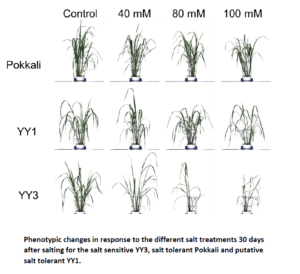
Yoav Yichie, PhD Candidate, Faculty of Agriculture and Environment, School of Life and Environmental Sciences, The University of Sydney
I am Chana Borjigin, a 3rd year PhD student from the University of Adelaide. I grew up on a small farm where I always had a close relationship with different cereal crops like maize, rice, wheat and beans. Following my father to inspect the crops on the farm after school brought so much fun to my childhood life. I started my bachelor’s studies in plant sciences (in the specialization of agriculture sciences) in 2006, and never thought to work or study in any other field in the past 12 years as plants to me is like my beloved pets and I like being with them.
My PhD research is on understanding sodium tissue tolerance in a bread wheat landrace Mocho de Espiga Branca. My poster entitled Identification of Novel Loci and Genes for Salinity Tissue Tolerance in a Bread Wheat Landrace Mocho de Espiga Branca was awarded the ASPS Student Poster Prize at the ComBio 2017 held in Adelaide. I am thankful for ASPS Committee for awarding me the prize. It is the first prize I have ever been awarded in my PhD life and is definitely going to be a great encouragement on continuing my research in plant sciences. Participating and presenting at the ComBio 2017 offered me with a great opportunity to present my research work in front of experts and peers in plant sciences to get constructive comments and exchange ideas. By attending the conference, I was also able to build up potential collaborating networks for my current research, and with a couple of scientists we already have started our collaboration on a part of my PhD project.
I am grateful for being a member of ASPS and looking forward to meeting with all other members again and update my recent research progress at the ComBio 2018 in Sydney!
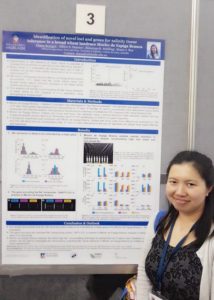
Chana Borjigin, PhD Candidate, School of Agriculture, Food and Wine, University of Adelaide
As recipient of the ASPS travelling fellowship I was given the opportunity to travel to Heidelberg, Germany, famous for its numerous scientific institutes as well as the beautiful scenery. My PhD project in the Gendall lab at La Trobe University involved studying the importance of a class of Na+/H+ exchanger proteins or NHXs in the model plant species Arabidopsis thaliana. These proteins localise to the membrane of various vesicles in the cell which are responsible for the sorting and recycling of cellular cargo proteins. My work in Australia studying these vesicles involved light microscopy studies which are not capable of resolving the structure of these vesicles I am interested in.
Through the generous funding of the ASPS I was able to visit the lab of Prof. Karin Schumacher who is one of the leaders in the plant cell biology field, and whose lab has great experience in using electron microscopy to resolve the ultrastructure of these membrane bound vesicles. After learning how to prepare my plant root samples for imaging under the electron microscopy with guidance from Dr. Stefan Hillmer, we were able to obtain strikingly clear images of a type of cellular vesicle called multi-vesicular bodies (see Figure). I am currently analysing these results to determine if the formation or maturation of these vesicles could be disrupted in plant cells which lack particular NHX proteins. I am grateful to the ASPS for providing me the opportunity to learn valuable skills and techniques overseas which I would not be able to achieve in Australia.
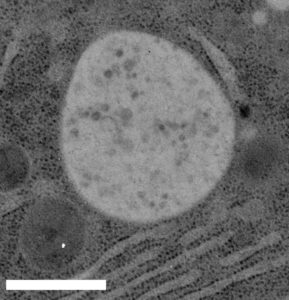
Transmission electron microscopy image of an enlarged multi-vesicular body (white structure) in an Arabidopsis thaliana root cell. The numerous dark structures contained in the multi-vesicular body are intra-luminal vesicles which contain cargo proteins destined to be degraded. Scale bar = 500nm.
Jonathan Dragwidge, PhD candidate, La Trobe University
Reports from ComBio2017, Student Travel Grants, ComBio2018 C.O.B. today
15 June 2018
Here are Chenchen and Mainul writing about ComBio2017. Hope you manage to get your applications in C.O.B. today for ComBio2018.
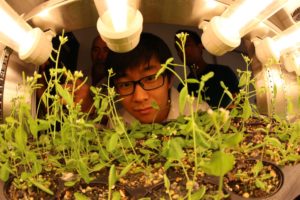
An understanding of the mechanisms which have evolved to allow plants to tolerate drought are crucial to the development of crops which can be productive in adverse climatic conditions.
My PhD project focuses on a retrograde signalling pathway, (3’ –phosphoadenosine 5’-phosphate, PAP), which regulates plant stomatal activity and therefore helps plants to tolerate drought. I am looking at this signalling pathway with an evolutionary perspective and trying to understand the mechanism that has evolved as plants conquered the land during evolution, this process can be also regarded as the first development of adaptations to drought.
If similar mechanisms can be exploited in crop breeding, higher crop yields can be achieved under unfavourable environmental conditions such as drought.
I have used a wide range of techniques in my research including bioinformatics, electro-physiology and genetics. Some of these results were presented on my poster at ComBio-2017. I am grateful that this poster was chosen as the winning student poster by ASPS, and this has also allowed more people to become familiar with my research.
ComBio-2017 was an awesome occasion for researchers. It opened my eyes to new and exciting research and also gave me a chance to meet other researchers in my field. During the poster presentation, ideas and knowledge were exchanged and this has helped me to explore further aspects in my project. I am a proud member of ASPS and am looking forward to participating in future conferences.
Chenchen Zhao, PhD student in School of Science and Health, Western Sydney University
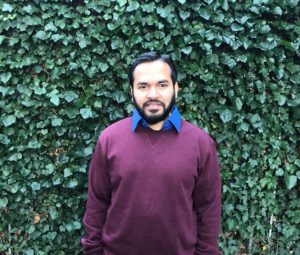
Plants are the most trustworthy friends for mankind. They are equipped with an internal system that can exploit sunlight, water and carbon dioxide being exhaled by humans in order to generate carbohydrate and oxygen which in turn is inhaled by humans. Thus, plants act as primary food producers and play a key role for survival of all other living organisms in the ecosystem. As our global population is rising consistently and expected to reach 9.7 billion from the current 7.3 billion, plant scientists, especially those working with crops face a significant challenge in order to meet this high demand of food and fodder. As different traits such as yield output in plants are regulated by genes, therefore plant scientists are constantly innovating molecular genetics based strategies to tackle this situation. Due to this aspect, I have chosen to pursue a career in plant science.
The Australian Society of Plant Scientists (ASPS) is a community which is contributing towards the aforementioned crisis at the national and international level. Scientists of this organization include some of the leading members in their respective fields whose entire life is dedicated towards unveiling solutions for feeding the hungry mouths around the world. The travel grant offered to me by ASPS for attending Combio 2017 conference at the Adelaide Convention Centre, Adelaide was a significant boost for a young early career scientist like myself because I could present a poster about my PhD research work on flowering time regulation in garden pea which is relevant for yield outcome, and thus received constructive feedbacks from some of the experts in the field. Likewise, I learned the skill of presenting the work of my entire thesis within two minutes by participating in a poster teaser session. Besides, I gained much needed knowledge about the research work being conducted by some of my peers as well as senior members of the society to address various burning issues such as improving different yield parameters, biotic and abiotic stress tolerance, symbiotic relationship development with friendly microbes and so on. Moreover, I was able to network with other PhD students and other scientists specifically by attending the conference dinner where the president of the society, Professor Sergey Shabala gave us an overview about the current status of ASPS in comparison to some major countries and some of the key responsibilities that ASPS members need to carry out to take the organization to an even higher level.
Overall, attending this conference assisted me to become a better professional which would in turn help me to develop myself as a future leader in this field, and thereby disseminate my knowledge among the next generation of plant scientists who can then take up the baton to deal with global food security.
A S M Mainul Hasan, PhD student in School of Biological Sciences, University of Tasmania
World Environment Day Tuesday 5th June 2018
01 June 2018
Hope you manage to reflect on your efforts this coming World Environment Day, Tuesday 5th June 2018.
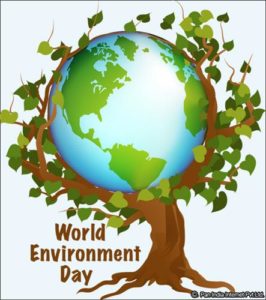
This years theme is Beat Plastic Pollution.
Recent Posts
Tags
Archives
- June 2025
- May 2025
- April 2025
- March 2025
- February 2025
- January 2025
- December 2024
- November 2024
- October 2024
- September 2024
- August 2024
- July 2024
- June 2024
- May 2024
- April 2024
- February 2024
- January 2024
- November 2023
- October 2023
- September 2023
- August 2023
- July 2023
- June 2023
- May 2023
- April 2023
- March 2023
- February 2023
- December 2022
- November 2022
- October 2022
- September 2022
- August 2022
- July 2022
- June 2022
- May 2022
- April 2022
- March 2022
- February 2022
- January 2022
- December 2021
- November 2021
- October 2021
- September 2021
- August 2021
- July 2021
- June 2021
- April 2021
- March 2021
- February 2021
- January 2021
- December 2020
- November 2020
- October 2020
- September 2020
- August 2020
- July 2020
- June 2020
- May 2020
- April 2020
- March 2020
- February 2020
- January 2020
- December 2019
- November 2019
- October 2019
- September 2019
- August 2019
- July 2019
- June 2019
- May 2019
- April 2019
- March 2019
- February 2019
- January 2019
- December 2018
- November 2018
- October 2018
- September 2018
- August 2018
- July 2018
- June 2018
- May 2018
- April 2018
- March 2018
- February 2018
- January 2018
- December 2017
- November 2017
- October 2017
- September 2017
- August 2017
- July 2017
- June 2017
- May 2017
- April 2017
- March 2017
- February 2017
- January 2017
- December 2016
- November 2016
- October 2016
- September 2016
- August 2016
- July 2016
- June 2016
- May 2016
- April 2016
- March 2016
- February 2016
- January 2016
- December 2015
- November 2015
- October 2015
- September 2015
- August 2015
- July 2015
- June 2015
- May 2015
- April 2015
- March 2015
- February 2015
- January 2015
- December 2014
- November 2014
- October 2014
- September 2014
- August 2014
- July 2014
- June 2014
Copyright 2017 Australian Society of Plant Scientists Disclaimer & Privacy
Website by Michael Major Media


